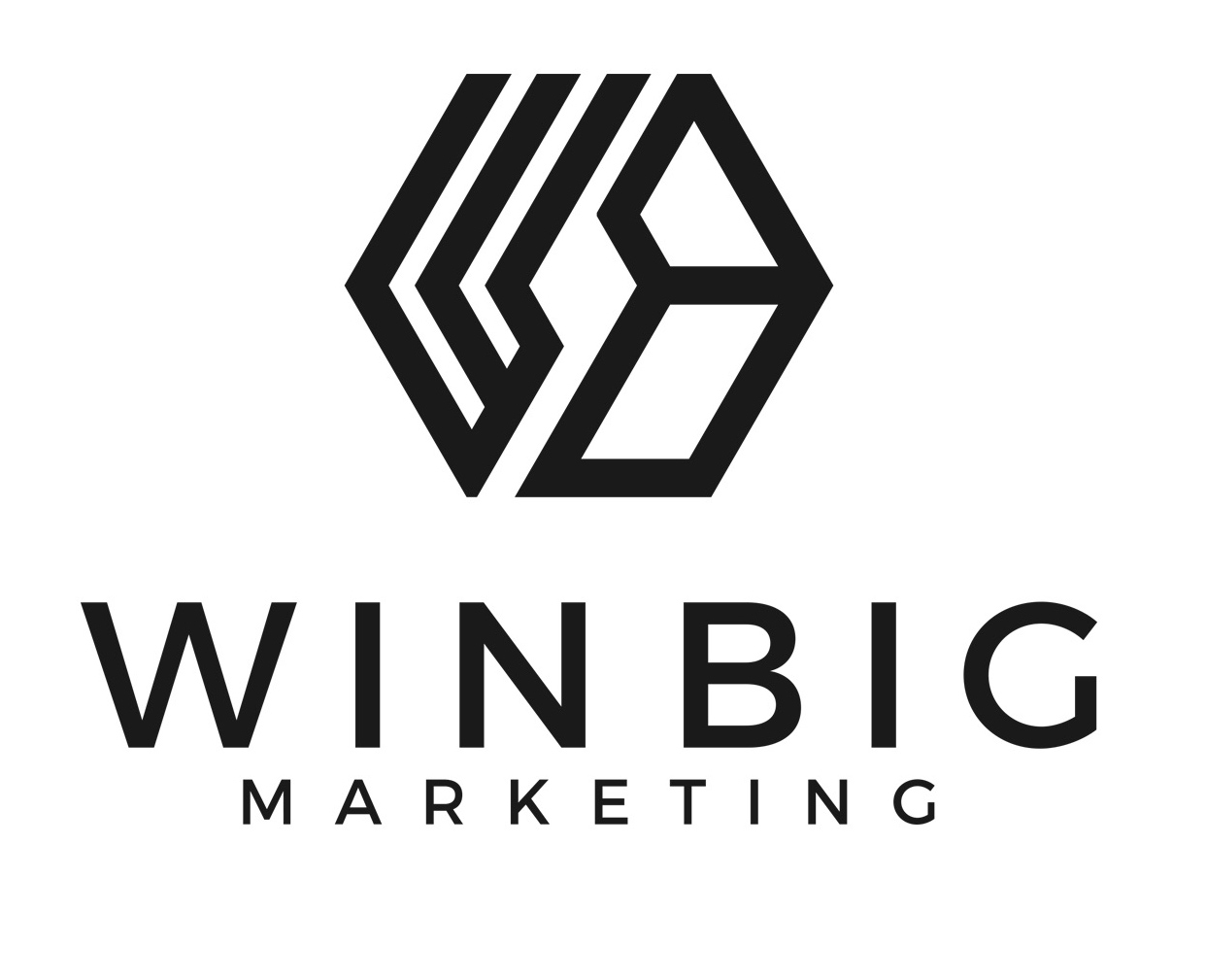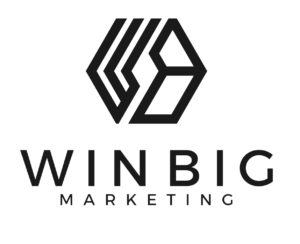In the fast-paced realm of digital marketing, where strategies and technologies evolve at a rapid pace, the importance of ethical marketing practices has never been more pronounced. As consumers become more discerning and socially conscious, businesses are recognizing the need to prioritize ethics in their marketing endeavors. At Win Big Marketing, we believe that ethical marketing is not just a choice; it’s a responsibility. In this blog post, we’ll explore the significance of ethical marketing practices in the digital age and how businesses can navigate this landscape with integrity.
1. Transparency as a Foundation
In the digital age, transparency is the cornerstone of ethical marketing. Consumers value openness and honesty from the brands they interact with. Clearly communicate your brand values, business practices, and the source of your products or services. Disclose any affiliations, sponsorships, or partnerships that might influence your messaging. Transparent communication builds trust and fosters a positive relationship between your brand and your audience.
2. Responsible Data Handling
As businesses leverage data for personalized marketing strategies, the ethical handling of data is paramount. Obtain explicit consent from users before collecting their data, and clearly communicate how that data will be used. Implement robust security measures to protect customer information and comply with data protection regulations such as GDPR. Respect user privacy and prioritize the security of their personal information.
3. Authenticity Over Hype
In a digital landscape often characterized by flashy advertisements and exaggerated claims, authenticity stands out. Ethical marketing involves presenting your brand and products truthfully. Avoid making exaggerated promises or using deceptive tactics to grab attention. Authenticity builds a genuine connection with your audience, and satisfied customers who feel they’ve received what was promised are more likely to become brand advocates.
4. Inclusive and Diverse Representation
Reflect the diversity of your audience in your marketing materials. Inclusivity in advertising not only aligns with ethical principles but also resonates with a broader audience. Ensure that your marketing content, whether visual or written, features a diverse range of individuals. This not only avoids reinforcing stereotypes but also demonstrates a commitment to equality and inclusivity.
5. Educational Content Over Manipulation
Rather than relying on manipulative tactics to influence consumer behavior, ethical marketing focuses on providing value through educational content. Help your audience make informed decisions by offering useful information, product guides, and resources. Educational content not only establishes your brand as an authority in your industry but also fosters a positive perception among consumers.
6. Sustainable and Eco-Friendly Initiatives
With increasing environmental awareness, consumers are gravitating towards brands that prioritize sustainability. Showcase your commitment to ethical and sustainable practices in your marketing. Highlight eco-friendly initiatives, ethical sourcing, and responsible manufacturing processes. Consumers are more likely to support businesses that align with their values, especially when it comes to environmental and social responsibility.
7. Community Engagement and Social Impact
Ethical marketing extends beyond the realm of profit and loss; it involves making a positive impact on the community. Engage in social responsibility initiatives and highlight your brand’s contributions to social causes. This could involve supporting local charities, promoting fair labor practices, or actively participating in community events. Demonstrating a commitment to social impact resonates with socially conscious consumers.
8. Customer-Centric Approach
Ethical marketing places the customer at the center of the strategy. Prioritize customer satisfaction over short-term gains. Respond promptly to customer inquiries and concerns. Seek feedback and actively listen to your audience. A customer-centric approach not only builds loyalty but also showcases your commitment to creating a positive and respectful relationship with your customers.
9. Anti-Discrimination Policies
Ensure that your marketing materials and practices adhere to anti-discrimination principles. Avoid content that promotes stereotypes, biases, or discriminatory attitudes. Create a safe and inclusive space for your audience, regardless of their background, identity, or beliefs. Upholding anti-discrimination policies in your marketing sends a powerful message about your brand’s commitment to equality.
10. Clear and Honest Communication
In the digital age, information travels swiftly, and misinformation can harm your brand’s reputation. Ethical marketing requires clear and honest communication. If a mistake occurs, address it transparently and take corrective action. Be proactive in communicating changes, updates, or any challenges your brand may be facing. Honest communication builds credibility and demonstrates accountability.
11. Social Listening for Responsiveness
Stay attuned to your audience through social listening. Monitor social media channels and online platforms to understand customer sentiments and concerns. Use social listening tools to track brand mentions and engage with your audience in a timely and authentic manner. Responsiveness in social listening not only builds trust but also allows your brand to adapt to evolving consumer needs.
12. Continuous Education on Ethical Standards
The digital landscape is dynamic, and ethical standards evolve. Stay informed about the latest ethical guidelines and industry best practices. Invest in continuous education for your marketing team to ensure they are well-versed in ethical marketing principles. Regular training fosters a culture of ethics within your organization and helps navigate the complexities of the digital marketing landscape responsibly.
Conclusion: Elevate Your Brand Ethically with Win Big Marketing
At Win Big Marketing, we understand that ethical marketing is not just a trend; it’s a commitment to building lasting and meaningful relationships with your audience. Ready to navigate the digital landscape with integrity and purpose? Visit our website to explore how we can collaborate to design ethical marketing strategies that resonate with your audience and drive sustainable success.
In a world where consumers are increasingly discerning, ethical marketing isn’t just good practice—it’s a powerful catalyst for building a brand that stands the test of time.



